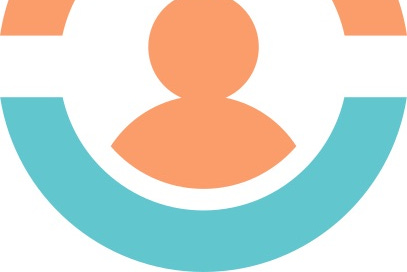Personal Science Week - 15 Sep 2022
Open Humans weekly call, ResearchHub and more ways to interact with other scientists
Personal Science is an attitude, a way of living as much as it is a set of specific techniques. A Personal Scientist is always curious yet skeptical, open to new ideas while remaining aware that most of the really intriguing ones won’t pan out. This week we’ll suggest a few ways to share and interact with others like you.
Join the Open Humans Self-Research Calls
Several Personal Scientists meet weekly on Zoom, hosted by the 501(c) (3) non-profit Open Humans Foundation. The one hour meetup is open to anyone with an interest in personal science. A core group of half a dozen regular attendees (including me!) makes for a friendly, highly knowledgable group that is well worth attending if you have the slightest interest in this subject. Learn more at their Google Doc, which also includes detailed notes of past meetings.
ResearchHub for easy interaction with other scientists
Coinbase founder Brian Armstrong in 2019 proposed “Ideas for how to improve scientific research”, which tried to apply to science many of the tools we take for granted in other internet-based product development. Github, Reddit, Google Docs, and others are ubiquitous in the technology industry — why can’t something similar work for science?
The answer, now available to everyone, is ResearchHub. True to its crypto-savvy founding roots, the site comes with its own currency, the ERC20 token ResearchCoin (RSC). Anybody is welcome to view or comment on any of the science topics posted at ResearchHub, with grants of RSC awarded for various activities — publish a paper, comment, ‘peer review’ somebody else’s work.
I experimented with my own ResearchHub publication, “How a Citizen Scientist Will Win a Nobel Prize”. Check it out, and please consider publishing your own Personal Science there too.
Find scientific papers at ResearchGate
Another useful resource, mostly for professionals but open to you and me as well, is the Germany-based science portal ResearchGate. A startup founded in 2008, ResearchGate now has 20M+ members worldwide, and is key resource for scientists trying to connect with one another.
Sign up at https://www.researchgate.net/ and you can use it too. One of the most useful features for Personal Scientists is the “Request Full Text” available when you search for any scientific paper. Despite the trend toward open access in scientific publications, many of the most recent papers from top journals like Nature or Science are locked behind expensive paywalls. But the authors are permitted to share their papers with anyone who asks, and ResearchGate makes that easy. No need to download from pirate sites — get a legal copy from the source. Another nice benefit is that you’ll have direct access to the author, most of whom I’ve found are eager to answer questions about their work.
About Personal Science
Professional scientists practice science as part of their job, often investigating ideas or problems with no particular benefit to their daily lives. A physicist working on nuclear fusion, for example, might apply rigorous scientific techniques in his lab work without any particular consequences to his daily life. As far back as the Bible, “Physician, heal thyself” has been good advice, often observed in the breach.
Personal Scientists, on the other hand, try to use the principles of science to understand and solve personal problems. Often, these personal investigations relate to health or wellness, but the same techniques can be applied to other daily issues, like personal productivity. Often, but not always, Personal Science involves quantitative or statistical reasoning based on self-collected raw data, but the overall thought processes can apply to every aspect of daily life. In general, Personal Science requires a skeptical, yet open-minded curiosity about the world, humility in the face of incomprehensible complexity, and a constant desire to be proven wrong. Personal Scientists, above all, rely on their own direct experience, never taking somebody else’s word for it. Nullius in verba — take no one’s word for it.
To join Personal Science, click the button below




